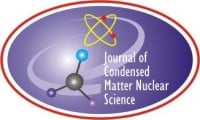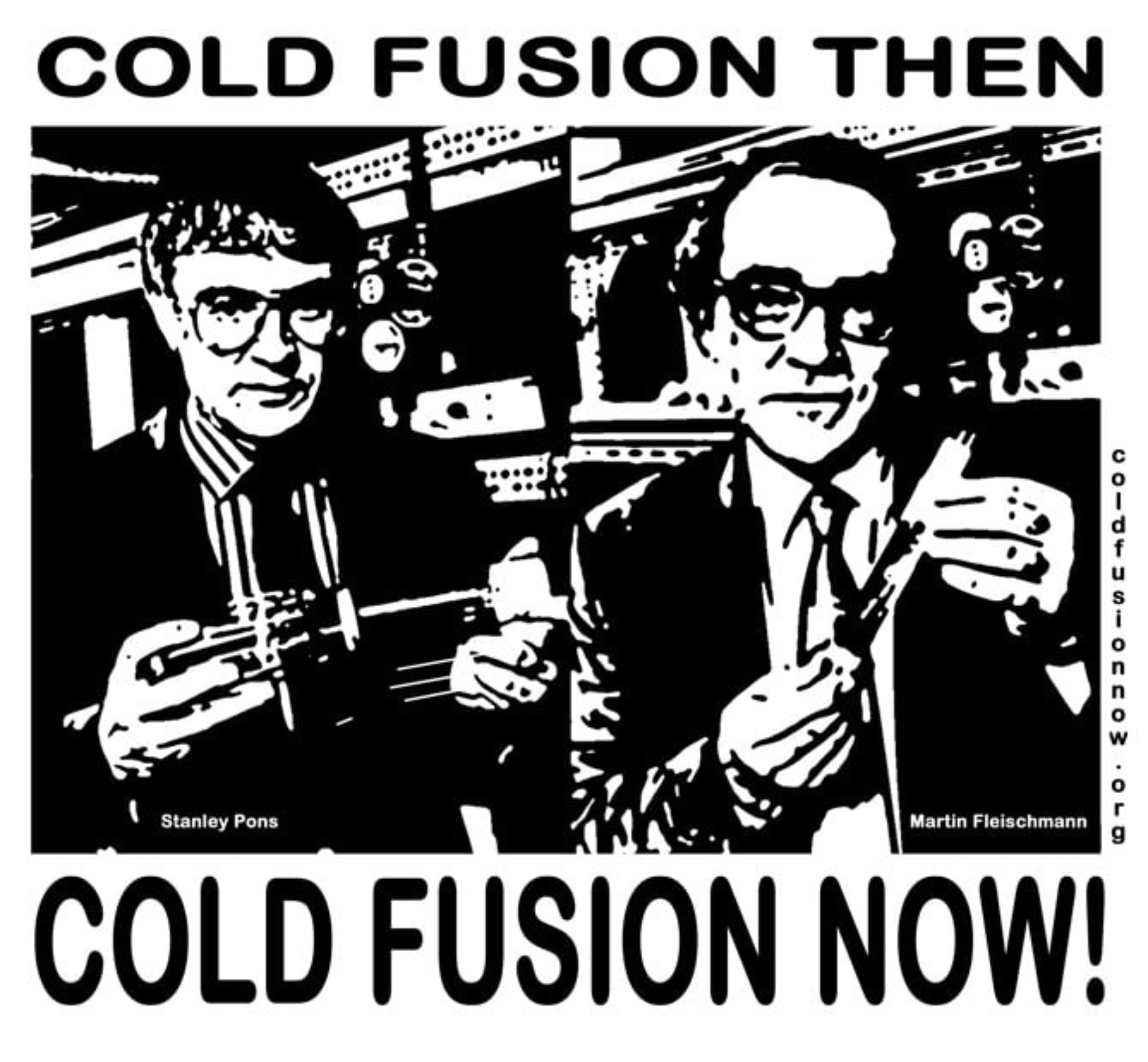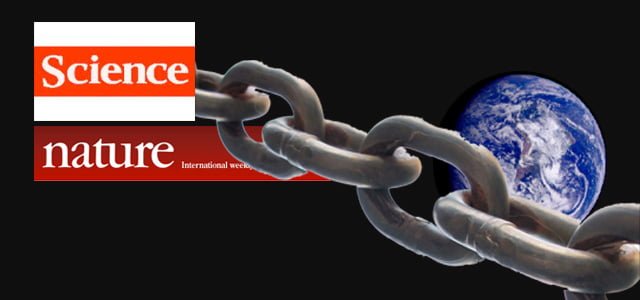 The recently published Volume 12 December 2013 Journal of Condensed Matter Nuclear Science has an article detailing censorship by science journals.
The recently published Volume 12 December 2013 Journal of Condensed Matter Nuclear Science has an article detailing censorship by science journals.
“How the Flawed Journal Review Process Impedes Paradigm Shifting Discoveries” by P.A. Mosier-Boss, L.P. Forsley, and F.E. Gordon describes the experience of these researchers as they submitted papers describing their low-energy nuclear reaction (LENR ) experiments to mainstream science journals.
From the Abstract:
The purpose of scientific journals is to review papers for scientific validity and to disseminate new theoretical and experimental results. This requires that the editors and reviewers be impartial. Our attempt to publish novel experimental results in a renowned physics journal shows that in some cases editors and reviewers are not impartial; they are biased and closed-minded. Although our subject matter was technical, its rejection was not: it was emotionally charged. It was an agenda-laden rejection of legitimate experiments that were conducted in US DoD and DoE laboratories. This paper describes the flawed journal review process, detailing our own case and citing others. Such behavior on the part of editors and reviewers has a stifling effect on innovation and the diffusion of knowledge.
© 2013 ISCMNS. All rights reserved. ISSN 2227-3123
Noting that the rejection of revolutionary science “is hardly a new phenomenon”, the authors quote from Responsible Conduct of Research by A.E. Shamoo and D.B. Resnik:
History provides us with many examples of important theories that were resisted and ridiculed by [reviewers of] established researchers, such as Gregory Mendel’s laws of inheritance, Barbara McLintock’s gene jumping hypothesis, Peter Mitchell’s chemiosmostic theory, and Alfred Wegener’s continental drift hypothesis. –Shamoo and Resnik
Shamoo and Resnick explain what these decisions regarding new energy research have meant:
As a result of this controversy, it has been difficult to conduct peer-reviewed work on cold fusion, because mainstream physics journals select reviewers with strong biases against cold fusion.
Boss, Forsely, and Gordon had submissions to journals rejected by reviewers who knew little about the phenomenon or the instruments involved, and didn’t attempt to learn. The authors found “the lack of curiosity and the unwarranted, surprisingly emotional responses” shown by some reviewers “disturbing”.
The consequences are far-reaching:
One immediate and long lasting effect of journals refusing to publish papers on as yet controversial observations is the elimination of a field of research and the diminution of scientists and engineers working in it. Without peer-reviewed publications, university faculty are precluded from funding as well as students, as no student will pursue an unrecognized field where jobs do not exist. Scientists are unable to find funds or management support. Entrepreneurs are limited because it is not likely that corporate angels or venture capitalists will risk funds on a technology, which is denigrated by leading scientists and subject to ridicule. In 1991, Nobel Laureate Julian Schwinger [38] aptly summarized the problem when he wrote:
“The pressure for conformity is enormous. I have experienced it in editors’ rejection of submitted papers, based on venomous criticism of anonymous referees. The replacement of impartial reviewing by censorship will be the death of science.”
Indeed, this whole situation is a “Catch-22” [39]; a situation named for the war novel in which a pilot who claims he is crazy so he wouldn’t have to fly missions, but by refusing to fly missions he proved he was sane! Our Catch-22 is that both DoE and DoD have unequivocally stated that until “first-tier” journals, like Science and Nature, publish papers inn this field, they will not fund programs. But, editors of these journals have stated they would not publish papers without DoE acceptance of the phenomena: a Catch-22. –Mosier-Boss, Forsley, and Gordon.
The Journal of Condensed Matter Nuclear Science (JCMNS) is published by the International Society of Condensed Matter Nuclear Science (ISCMNS).
Read the article “How the Flawed Journal Review Process Impedes Paradigm Shifting Discoveries” in Volume 12 December 2013 [.pdf]

